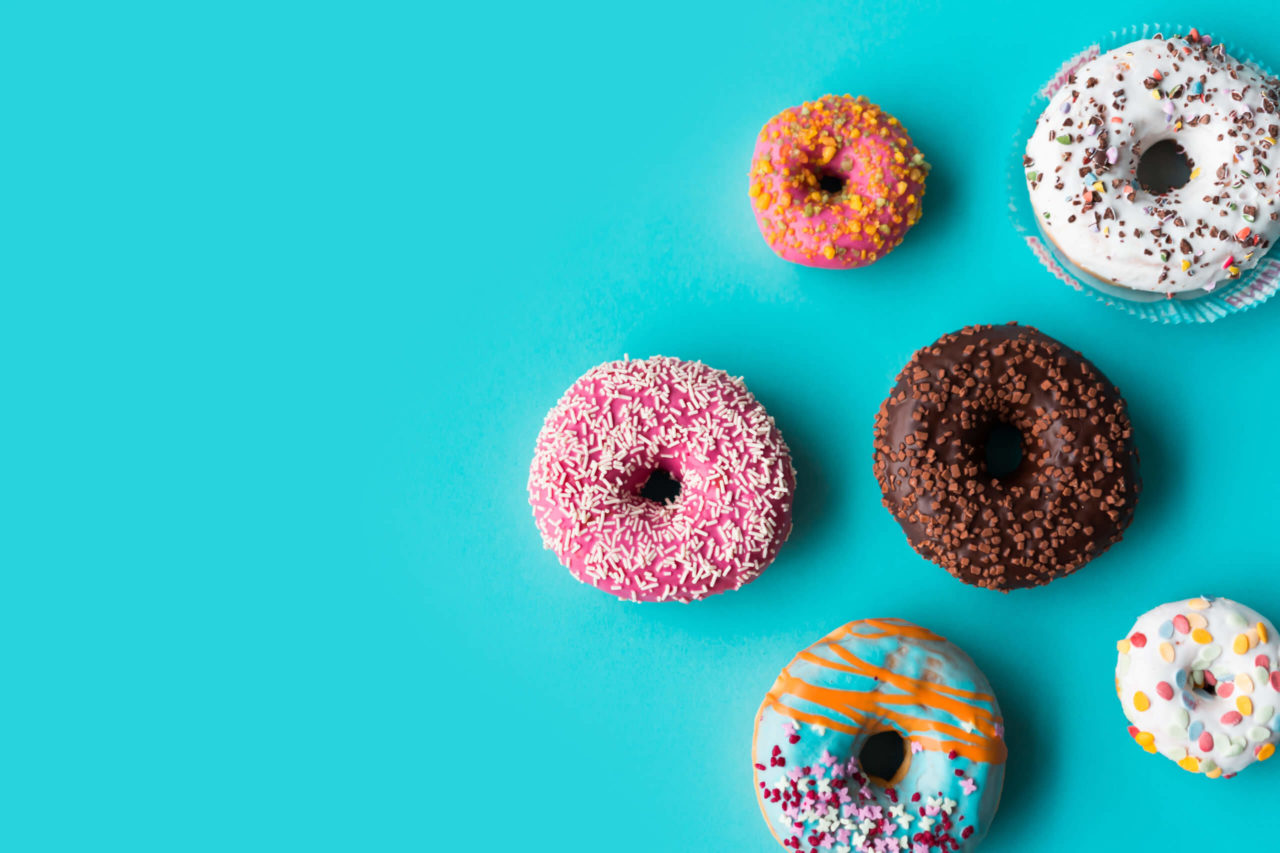
Craving attacks belong in the past!
We all know the feeling—a sudden hunger spike has us reaching for the sweets and snacks. A craving attack is usually unexpected, and most of the time powerful! But did you know you can regulate your cravings yourself? All you need to do is figure out what causes them.

That’s why we spoke to nutritionist, model and author of “Modelsize.me” Franziska Dittmann to find out what causes these appetite attacks and how you can effectively fight your cravings.
“I knew these cravings all too well, but now I’ve found a way around it,” says Franziska. “For me, it was mostly because I hadn’t eaten anything for too long or had eaten the wrong thing before.”
Franziska, who’s modeled for eleven years, found the topic of food and diets was a big part of her everyday life. That’s why she’s so interested in understanding our metabolic processes and diets so, after graduating as a nutritionist, she developed a nutritional concept to put an end to ravenous hunger attacks.
“If you’re at the mercy of a ravenous appetite attack once, but you are smart about it, you can avoid it the next time. Knowledge helps us learn from past mistakes!”
What is a ravenous appetite attack anyway?
According to Franziska, a ravenous appetite attack is usually a cry for help from the body. The blood sugar level rises due to food intake and, in order to lower it again, the body produces insulin. Certain unhealthy foods such as sugar and white flour products cause the blood sugar level to rise faster and then fall just as quickly afterwards. In this case, the body needs replenishment, preferably in the form of quickly usable sugars to satisfy the ravenous hunger as quickly as possible. This is a kind of vicious circle, but one that can also be easily broken.
What’s the reason for these cravings?
Stress, hormonal changes or calcium deficiency can lead to our body craving salty foods. Franziska cites physical and mental exertion, too much time between meals or small portion sizes as possible reasons for ravenous appetite attacks. Illnesses such as diabetes or thyroid dysfunctions can also cause these cravings, so if this may impact you, consult a doctor and have it clarified.
“The most common reason for ravenous appetite attacks is the ingestion of food that could be described as ‘not optimal’,” explains Franziska.
What can you do about ravenous appetite attacks?
‘Knowledge is power’—that’s our motto. Knowing the cause of ravenous appetite attacks means you can easily avoid them. To get started, try eating consciously at regular intervals and in sufficient quantities. When you’re going through a stressful period, Franziska recommends you eat healthy and wholesome food.
Another important factor that should not be underestimated is abstinence. Withholding food for any reason results in cravings that lead to an unhealthy food binge. This happens when we forbid too much too often. To keep this at bay, make sure you eat healthy meals regularly.
“Prohibition is not good in normal life and also plays a role in nutrition that should not be underestimated,” Franziska says. “When you forbid yourself certain foods over and over again, your body craves more and more of them, which can lead to ravenous hunger attacks later on. That’s why it’s important to consciously incorporate them into your everyday life in the right quantities.”
In her book “Modelsize.me” Franziska says: “One of the most important principles is eating 5 meals a day—that’s how we rebuild cravings for certain foods and thus avoid the development of ravenous appetite.”
As Paracelsus said “The dose makes the poison.” We couldn’t have said it better ourselves.



Comments